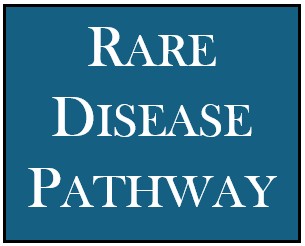
History and Background
In 1983, US Congress passed the Orphan Drug Act as an amendment to the federal Food Drug and Cosmetic Act (FDC Act) to advance the development of drugs that demonstrate promise to diagnose or treat rare diseases or conditions. In 1993, FDA issued regulations in 21 CFR 316 detailing the implementation of the Orphan Drug Act and request for orphan drug designation (ODD). The regulations were subsequently updated in 2013.
Requirements for FDA ODD
An FDA ODD request must be for a disease or condition that either affects less than 200,000 people in the US or affects more than 200,000 people where development costs are unlikely to be recovered.
Scientific rationale must support the mechanism of action and can include either clinical, nonclinical in vivo or in vitro data. There is no question clinical data is the strongest category, but as long as your nonclinical data is compelling and other requirements are also met, FDA will likely grant the designation.
Benefits of FDA ODD
The benefits of an FDA ODD are not insignificant, but are not generally realized into later in the development process:
- Tax credit for qualified clinical trials
- Exemption from user fees
- Seven years of market exclusivity after approval
When should you request FDA ODD? According to 21 CFR 316.23, a request can be submitted at any time in the drug development process prior to submission of a marketing application. Once you have the data to support the designation, reach out to AO Regulatory Consulting and let us take care of this important milestone in rare disease drug development.
